British Prime Minister Boris Johnson and Prime Minister Justin Trudeau elbow bump prior to a bilateral meeting during the G7 summit in Cornwall, Britain, June 11, 2021.POOL/Reuters
Canada has pledged to provide up to 100 million doses of COVID-19 vaccine as part of a commitment by G7 leaders to supply more than one billion doses to the rest of the world over the next year.
Prime Minister Justin Trudeau is set to make the announcement on Sunday at the end of the G7 leaders’ summit in Cornwall, England.
“The pressure was on everyone to make sure that we are saying clearly to the world that these seven most wealthy countries will lead the way in making sure vaccines are available as widely as possible,” said Ralph Goodale, Canada’s High Commissioner to the U.K. “Canada’s global number is up to 100 million. And we recognize that with all of the countries doing their share, that’s still not enough … More will be required and more will be forthcoming.”
Canada won’t be donating any doses from its current supply, and Mr. Goodale told reporters on Friday that the pledge will not impact the domestic vaccination program this summer. Instead, Canada’s share of the one-billion-dose commitment has been calculated partly on the basis of financial support Ottawa has already provided to COVAX, an alliance co-led by the World Health Organization that is procuring vaccine for poorer countries. The federal government is also expected to forego future deliveries of doses the country no longer needs and redirect them to COVAX.
The G7 — which includes Canada, the United States, Britain, France, Germany, Italy and Japan — has been under increasing pressure to do more to alleviate the growing gap in vaccinations between rich and less wealthy countries. While most G7 members are close to immunizing their adult populations, fewer than two per cent of people in Africa have received a single shot.
Britain and the U.S. have made the largest pledges so far. The U.S. plans to buy 500 million doses of the Pfizer-BioNTech vaccine, at not-for-profit prices, and donate most of it to COVAX, with the remainder going to selected countries over the next year. Britain will contribute 100 million doses to COVAX starting in September, by redirecting supplies that have been ordered but are now surplus.
Canada’s portion of the G7 commitment will come largely from the $545-million Ottawa has already pledged to COVAX, which will be used primarily to buy vaccines for low- and middle-income countries. Some of the money will also go toward vaccine distribution.
Canada is also expected to meet its share by rerouting future deliveries of vaccine, similar to what the U.K. plans to do. For example, Canada has ordered 52 million doses of the Novavax vaccine, which has yet to be approved by Health Canada. Those doses could instead be sent to COVAX, said a government source. The Globe is not identifying the source because they aren’t authorized to speak publicly.
Canada certainly has plenty of vaccine to share. Ottawa has ordered 252.9 million doses, enough to vaccinate every Canadian more than three times over. According to The Globe and Mail’s vaccine tracking, the government is on course to have enough supply to give two doses to all eligible Canadians by August.
While the G7 commitment has been welcomed by the WHO and some international development organizations, many groups said it falls far short of what’s needed. “If the best G7 leaders can manage is to donate one billion vaccine doses, then this summit will have been a failure,” said Anna Marriott, Oxfam’s health policy manager. She and others have pointed out that it will take 11 billion doses to vaccinate everyone.
Several organizations have also called on the G7 to waive patent protection rules for vaccines and commit to sharing technology in order to boost manufacturing. U.S. President Joe Biden and French President Emmanuel Macron have supported easing intellectual property rules, but Canada and other G7 countries have been less enthusiastic. They have argued that the bigger obstacles to vaccine production are export rules and the transfer of technology.
Some politicians in Africa have accused wealthy countries of imposing “vaccine apartheid” by blocking the waiver. “We asked for justice; they are giving us charity,” said Nanjala Nyabola, a Kenya-based political analyst and scholar, in a tweet.
During the summit, Mr. Trudeau held a bilateral meeting with British Prime Minister Boris Johnson. The two discussed vaccines and also raised the prospect of a Canada-U.K. trade agreement. Now that Britain has left the European Union, Britain is free to strike its own trade deals and Mr. Johnson has been eager to sign as many as possible.
According to Mr. Goodale, the two leaders felt that the current timetable for an agreement — roughly four years — was too long. “They both agreed we can do better than that,” he said. “They gave it a sense of urgency.”
With a report from Geoffrey York in Johannesburg
Our Morning Update and Evening Update newsletters are written by Globe editors, giving you a concise summary of the day’s most important headlines. Sign up today.
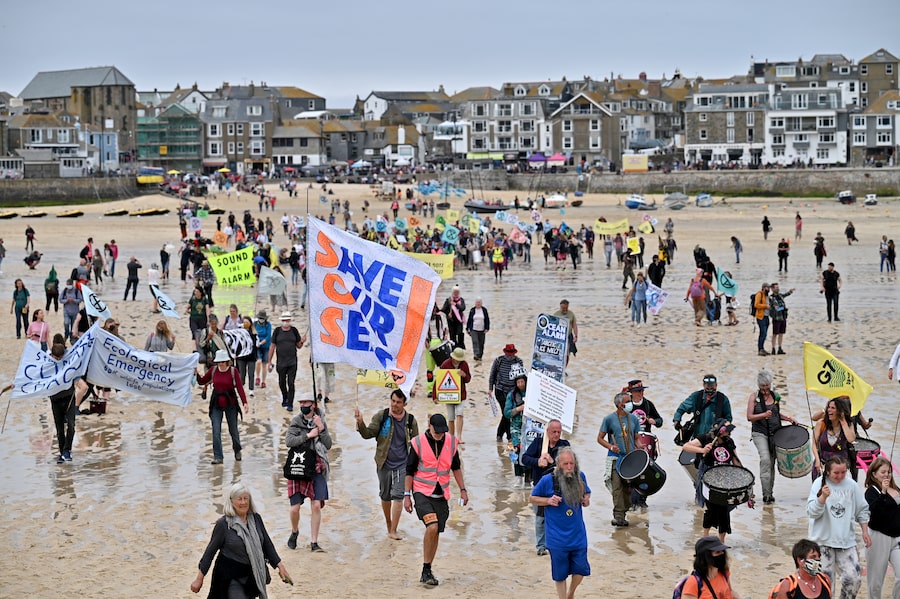

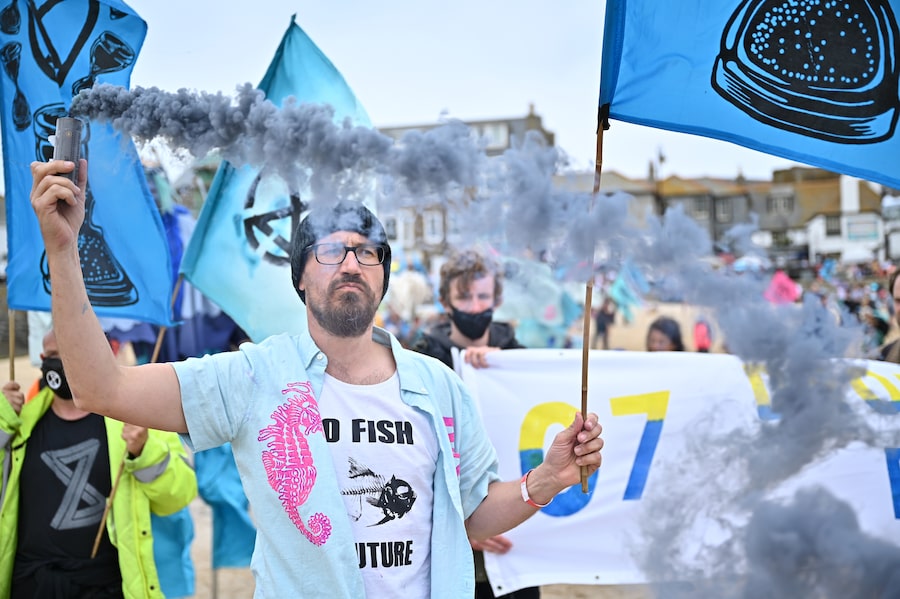
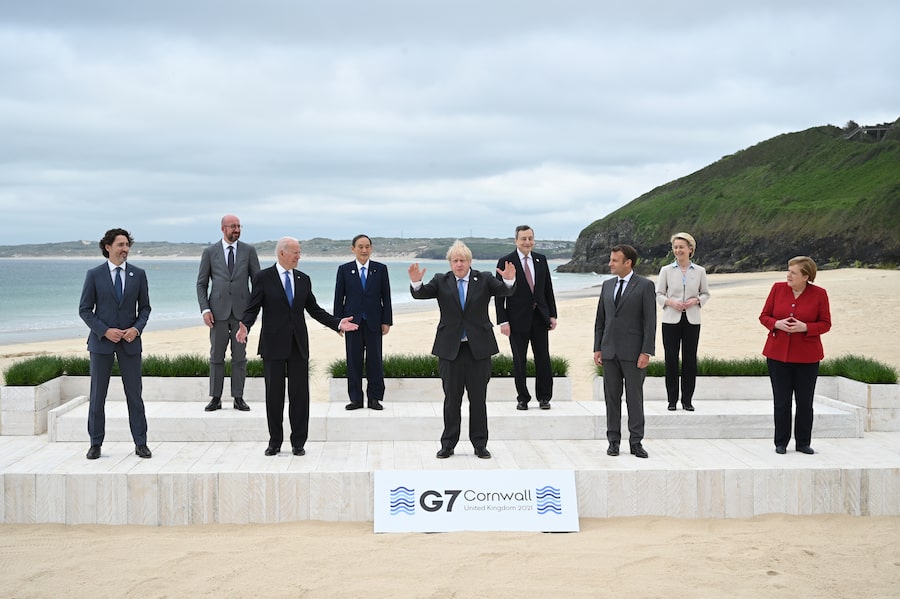
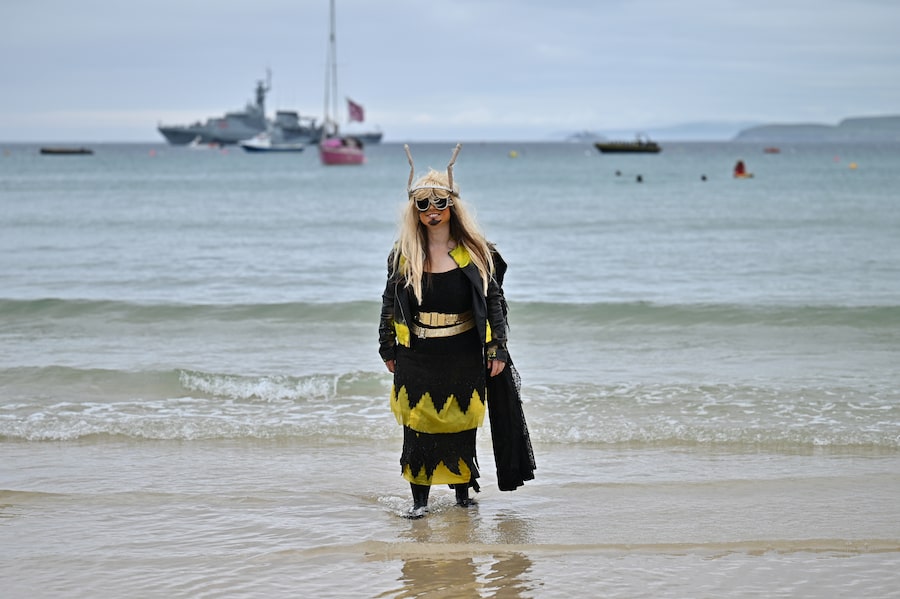





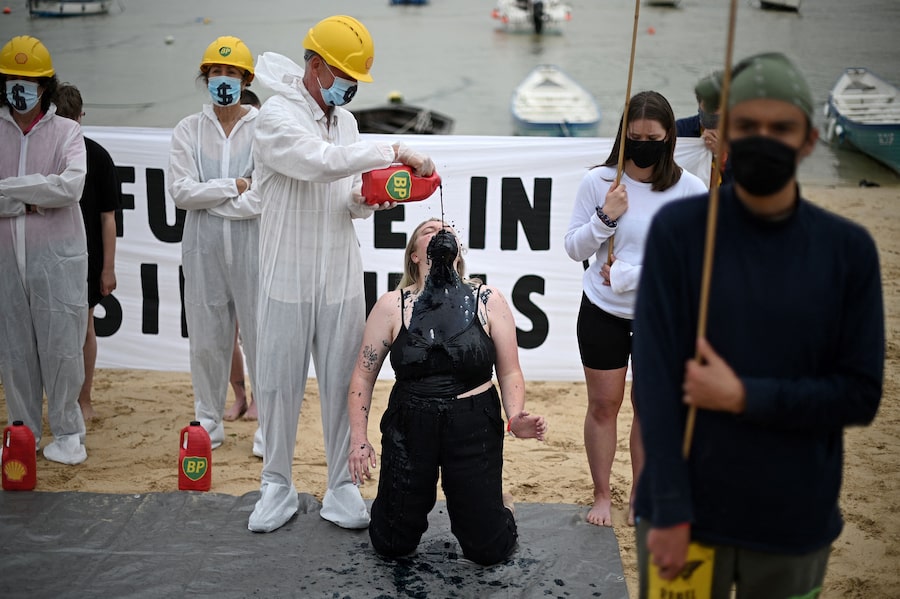
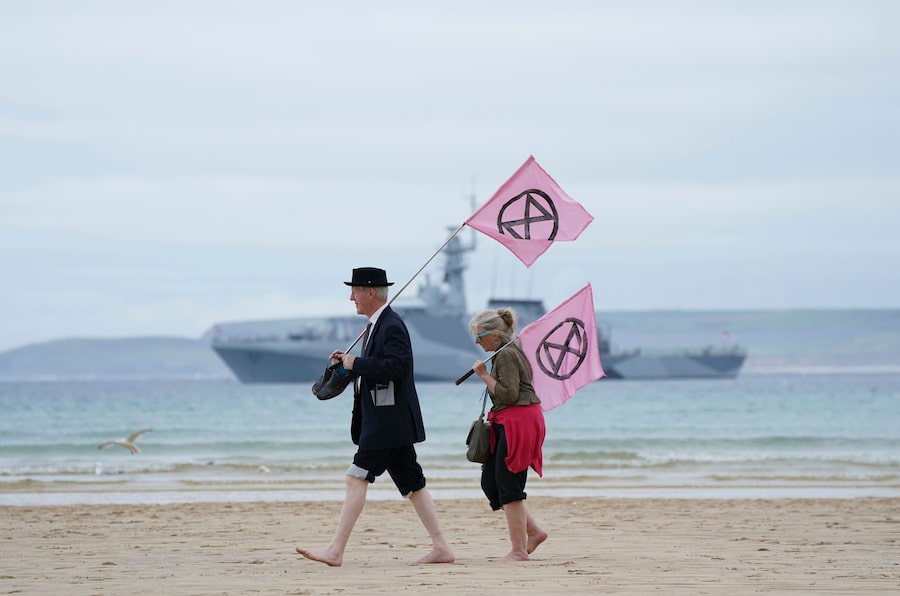
 Paul Waldie
Paul Waldie